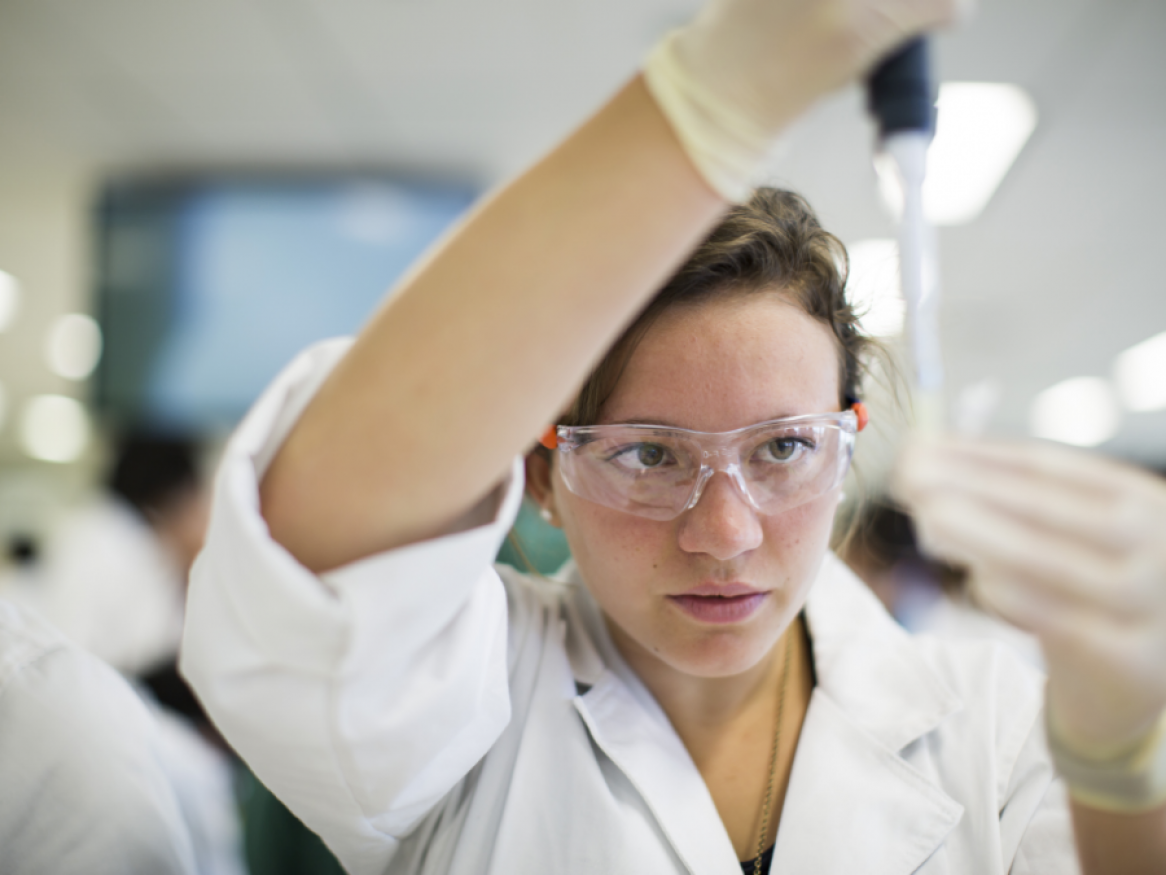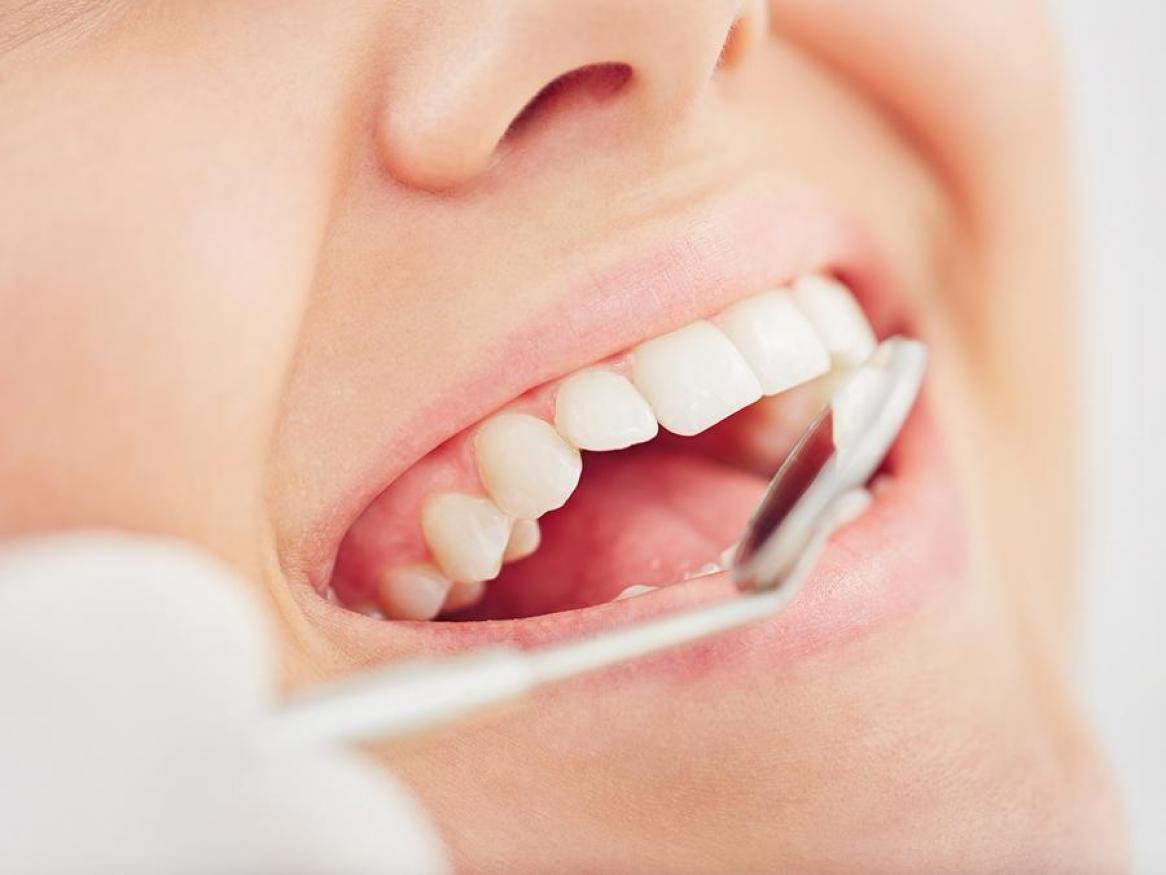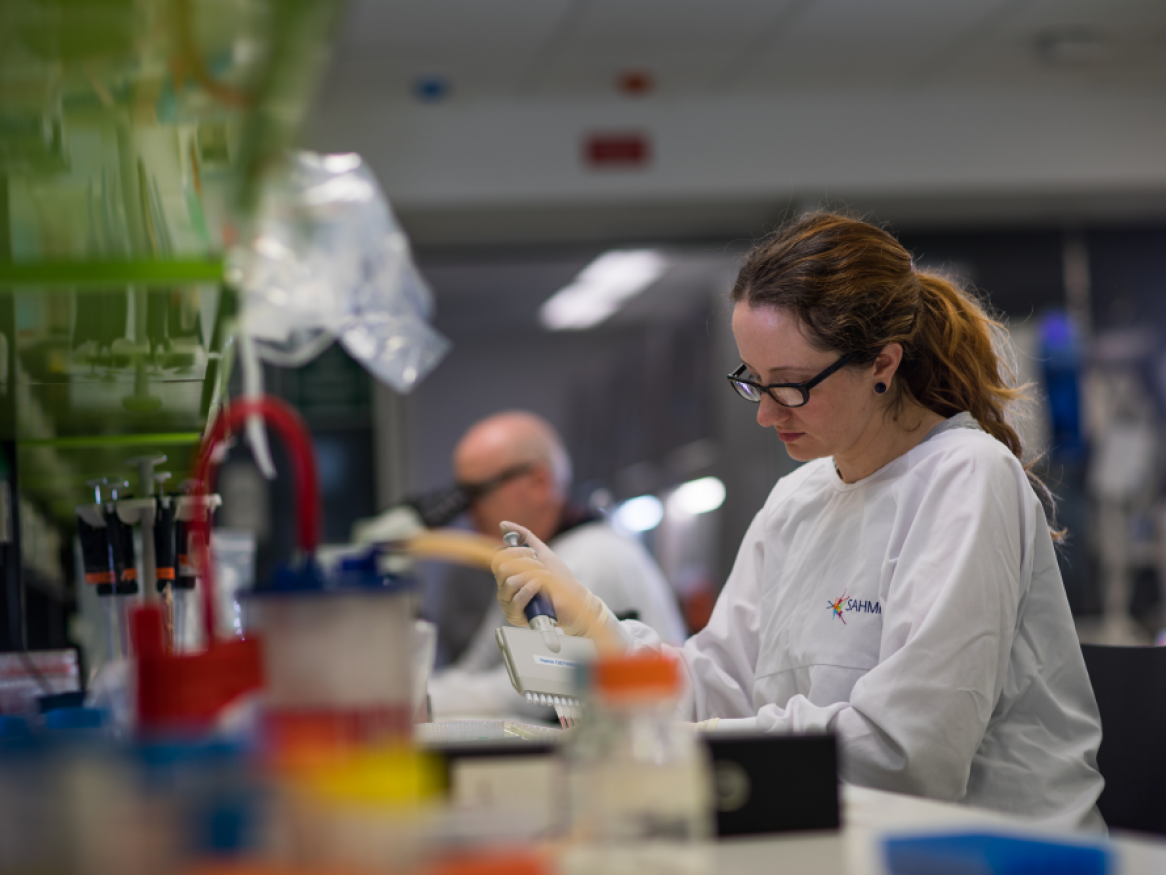Cancer Treatment Toxicities Group
Acute and chronic side effects of cancer treatment continue to be some of the most impactful and costly problems that prevent optimal cancer outcomes.
Our research aims to better our understanding of the mechanisms underpinning adverse effects and improving management of cancer treatment-related toxicity. We are interested in multiple systems that are impacted by cancer treatment including digestive, skeletal, cardiovascular and neurological. In particular, acute gastrointestinal toxicity remains a significant challenge to delivering optimally effective cancer treatment with minimal impact on quality of life—which is the ultimate goal of excellent cancer care.
The Cancer Treatment Toxicities Group investigates chemotherapy, radiotherapy and targeted therapies, and the efficacy of new agents in prevention and treatment of toxicity. We are also interested in how toxicity occurs in symptom clusters including pain, cognitive decline, and heart failure, as well as developing novel nanoparticle approaches to treatment delivery. In addition, our group has ongoing patient studies looking to determine the risk factors associated with poor cancer treatment outcomes and how to better predict adverse effects.
The Cancer Treatment Toxicities Group is comprised of three collaborative research laboratories: the Gastrointestinal Pathophysiology Laboratory led by Professor Joanne Bowen, the Gut Microbiome Laboratory led by Professor Rachel Gibson, and the Clinical Pharmacogenomics Laboratory led by Dr Janet Coller.
Interested in a postgraduate research degree?
We offer exciting opportunities for researchers at the honours, masters and PhD levels. Our research degrees are open to students from a broad range of backgrounds, and range from basic sciences to clinical research. If you are interested in human health, consider furthering your research career with us.





